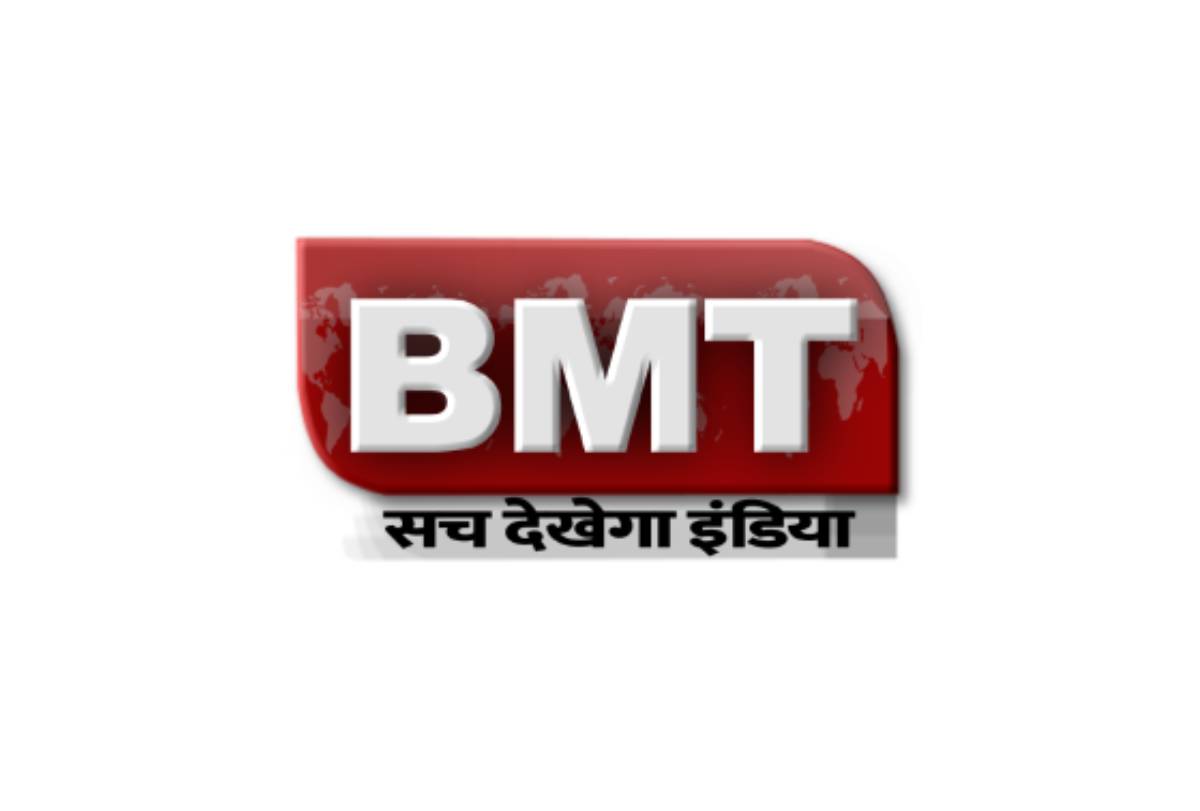New Delhi : The curtains were drawn on the second edition of the Indian Rural Colloquy (IRC) after over 50 thought leaders, decision-makers, and innovators gathered under one roof for eight days to share their perspectives on various issues affecting urban and rural India. The eight-day-long conference, which kickstarted online, hosted its last session offline at the India Habitat Centre with five pivotal sessions.
Eminent personalities including Shri NN Sinha, Secretary Rural Development, Ministry of Rural Development; Shri Chiranjit Singh, Additional Secretary Rural Livelihoods, Ministry of Rural Development; Shri MS Sriram, Chairperson, Centre for Public Policy; Mr Andrew D Goodland, Sustainable Development, World Bank; Shri Sanjiva Prasad, Professor, IIT Delhi; Shri Gagan Sethi, Oxfam India among others were present as the speakers of the last day’s sessions. It began with session on Sustainable Rural Growth: Pathway to Resilient Future. It discussed opportunity levers of prosperity transition in rural India and mitigating unintended consequences to ensure resilience. The second session of the day India’s Net Zero Resolve: Complementary and Competing Roles of Bazar, Samaj, Sarkar comprehended the emerging reconfiguration of People-Private-Public relationships and its impact on society and economic exchanges as India starts implementing Net-Zero commitments.
“The event Indian Rural Colloquy has been conceptualized and launched last year with a focus to bring the voices of the people to the forefront of development discourse of India. We tried to bring the learnings of the ground situations to the different forums bringing together the policymakers, academicians, government representatives to come together to reflect on what’s the current scenario. IRC is not only about issues it’s also about the discourse and discussion about the future. It’s the program for future of India,” said Mr Shyamal Santra, Lead Public Health and Nutrition, TRIF.
The third session The Future of Civil Society touched upon the balance of responsibility between the Sarkaar-Samaaj-Bazaar – the question of our societal imagination – and the role that civil society can or should be playing, particularly with evolving nature of societal aspirations, demography and communication. The fourth session on Gender Justice for Present Times: Impact of Connected, Aspirational, Mobility in Rural Society sought to understand the inter-connected web of drivers and trends shaping the emerging culture of overlapping modernity and traditional mores. The day came to an end with last session on Bending Emerging Disruptive Technologies for Prosperity Pathways in Bharat. It explored leveraging disruptive technologies to drive socio-economic well-being & resilience in our villages.
The Indian Rural Colloquy, organized by Transform Rural India Foundation (TRIF), aims to create a space of discovery, exploration, and engagement for the fraternity actively involved in rural uplifting and growth in the country. Through topical seminars attended by leading development practitioners, policymakers, development administrators, and philanthropists, the Colloquy seeks to address issues that matter to rural communities.





